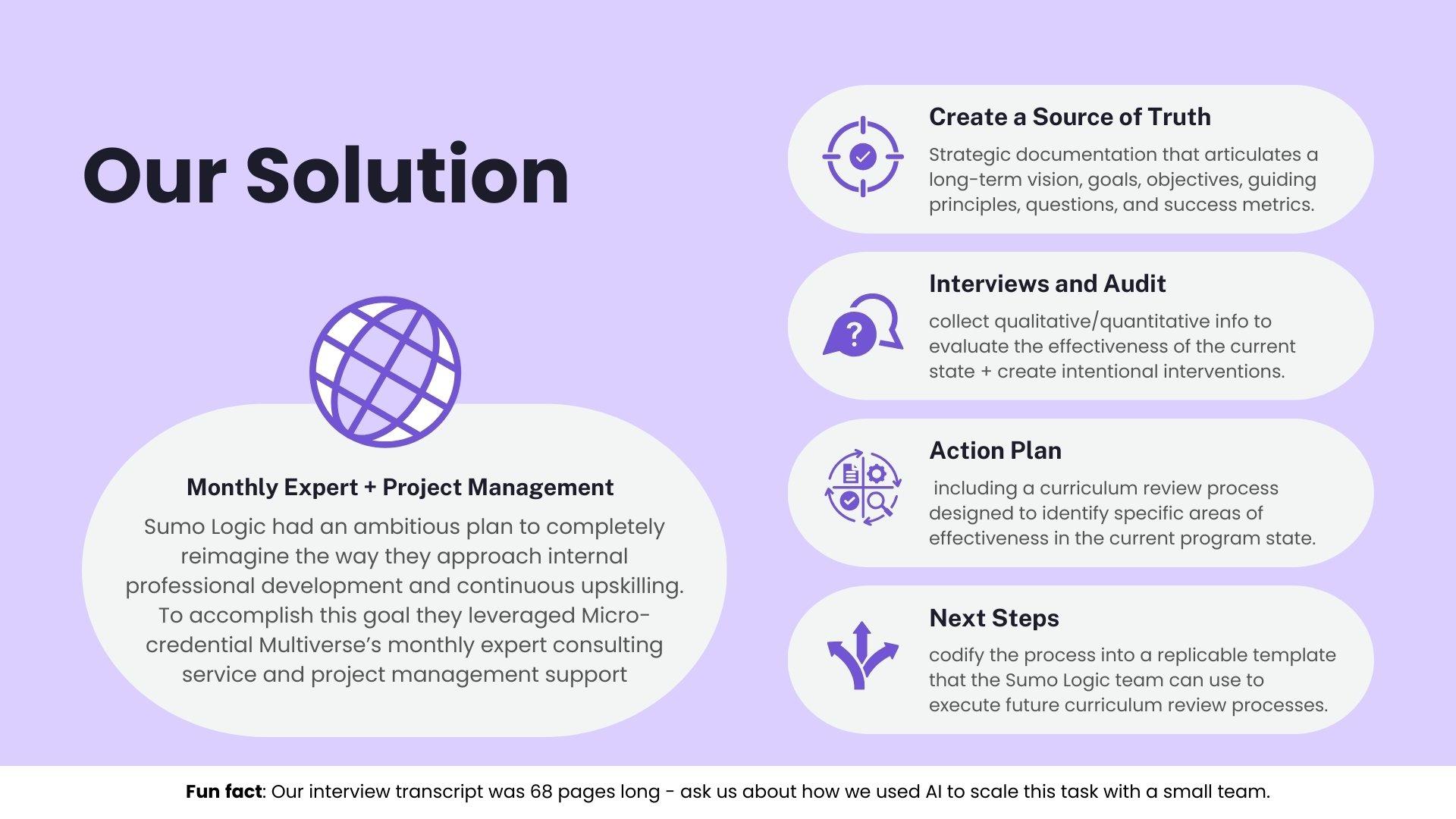Micro-Credentials Revolution: Transforming professional Development and Career Growth
In today’s rapidly evolving job market, continuous learning and adaptability are essential for career success. Enter the micro-credentials revolution—a paradigm-shifting approach to professional development that’s transforming how individuals upskill, reskill, and advance in their careers. Micro-credentials have emerged as a flexible, accessible, and industry-recognized solution that empowers professionals to showcase their expertise and adapt to changing workplace demands.
What Are Micro-Credentials?
Micro-credentials are short, focused qualifications that allow individuals to gain specific skills or knowledge in a particular area. Unlike conventional degrees, micro-credentials are typically awarded upon completion of a concise program, workshop, or online course. Through digital badges or certificates, these credentials are shareable on professional profiles and social media, boosting visibility to employers.
Key Characteristics of Micro-Credentials
- Short duration — often weeks, not years
- Competency-based assessments
- Industry relevance and alignment with job demands
- Digital and easily shareable via LinkedIn, resumes, portfolios
- Recognized by employers and professional organizations
Why micro-Credentials Are Transforming Professional Development
The rise of micro-credentials marks a major shift in the way professionals approach career advancement and skill acquisition. Here’s why more companies and individuals are embracing this revolutionary method:
- Efficiency: Focused learning modules mean skills can be acquired quickly, minimizing time away from work.
- Affordability: Micro-credential programs are cost-effective compared to traditional degrees, making professional development accessible to more people.
- Customization: Learners can select micro-credentials that align with their career goals, interests, and industry trends.
- Recognition: Increasingly, employers value demonstrable skills and verified digital badges when making hiring and promotion decisions.
- Portability: Credentials can travel across roles, organizations, and even industries, offering career flexibility.
- Up-to-date learning: Course providers update curricula regularly to reflect the latest technologies, regulations, and work practices.
Key Benefits of Micro-Credentials for Career Growth
Accelerated Career advancement
- Demonstrates up-to-date skills to prospective employers
- Provides evidence of proactive learning and adaptability
- Helps candidates stand out in competitive job markets
Bridging Skill Gaps
- Addresses specific needs in technology, management, or compliance
- Helps professionals transition between industries or job roles
- Supports preparation for certifications or licensing exams
Building a Personal Brand
- Positions professionals as thought-leaders and experts in niche areas
- Boosts online portfolio credibility
- Enhances LinkedIn and resume profiles with visible achievements
Case Studies: The Impact of Micro-Credentials
Sarah, a systems administrator, pursued micro-credentials in AWS Cloud Practitioner and
Google IT Support to update her technical knowledge. Within months, Sarah showcased these credentials on LinkedIn and secured a new role as a cloud Solutions Architect, achieving a 30% salary increase.
Hospitals and clinics increasingly require staff to complete micro-credentials in patient safety, data privacy (HIPAA), and infection control. Such targeted learning helps ensure compliance while offering frontline workers opportunities for advancement.
Teachers are leveraging micro-credentials in instructional technology, remote teaching, and educational leadership. Schools recognize these badges as proof of digital competency, translating to promotion and leadership opportunities.
Practical Tips for Leveraging Micro-Credentials
- Choose Industry-Recognized Providers: Opt for micro-credentials offered by reputable platforms or professional organizations (e.g., Coursera, Udemy, LinkedIn Learning, PMI, Google, Microsoft).
- Align Credentials With Career Goals: Prioritize micro-credential pathways directly relevant to your current or desired job role.
- Showcase Achievements: Display badges and certificates on your LinkedIn profile, digital portfolio, resume, or email signature.
- Engage With Professional Communities: Participate in networking events or forums linked to your micro-credential to gain insights and connect with industry peers.
- Stay Updated: Monitor trends in your field and pursue additional micro-credentials as required.
Micro-Credentials vs. Traditional Degrees: Which is right For You?
while traditional degrees remain valuable for broader academic growth and certain careers, micro-credentials offer unique advantages for professionals seeking focused, timely, and demonstrable skills. The best approach is often a blend:
- Complementary: Micro-credentials supplement degrees with practical, in-demand abilities.
- Stackable: Multiple micro-credentials can build up to a larger qualification or specialization.
- Accessible: Individuals from non-traditional backgrounds can break into new fields.
First-Hand Experience: Insights From Professionals
“Pursuing digital badges in data analytics and project management meant my CV was at the top of the pile. Employers appreciated the proven commitment to learning new technologies. Within a year, I moved from entry-level analyst to team lead.”
—Alex, Marketing Analyst
“Micro-credentials helped me transition from teaching in the classroom to becoming an EdTech consultant. they allowed me to build a portfolio of skills much faster than a traditional degree.”
— Priya, EdTech Consultant
Top Micro-Credentials to Boost your Career
- Project Management: PMI Project Management Ready, PRINCE2 Foundation
- Data Analysis: Google Data Analytics Certificate, Excel for Business
- Cybersecurity: CompTIA Security+, IBM Cybersecurity Analyst
- Digital Marketing: Facebook Blueprint, HubSpot Content Marketing
- Healthcare: Infection Control, HIPAA Compliance Training
- Education: Google Certified educator, EdTech Leadership
The Future of Micro-Credentials: What’s Next?
The micro-credentials revolution is set to expand as employers prioritize skills and flexibility over traditional qualifications. Remote work, AI, automation, and digital transformation will continue to reshape the labor market, making the ability to learn and adapt paramount. Universities, professional associations, and platforms are innovating new micro-credential pathways that address changing demands, ensuring professionals remain competitive in a dynamic global economy.
Conclusion
Micro-credentials are transforming professional development and career growth for millions worldwide. They offer a flexible, efficient, and industry-validated route to upskilling, empowering individuals to shape their own career trajectories. Whether you’re targeting a promotion, switching industries, or simply staying ahead of workplace trends, the micro-credential revolution is your passport to growth in the digital age.
Ready to take charge of your professional development? Explore micro-credential options today and unlock new opportunities for your future!

